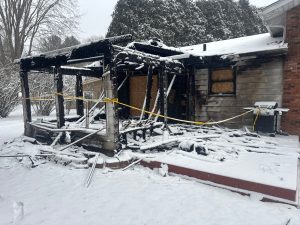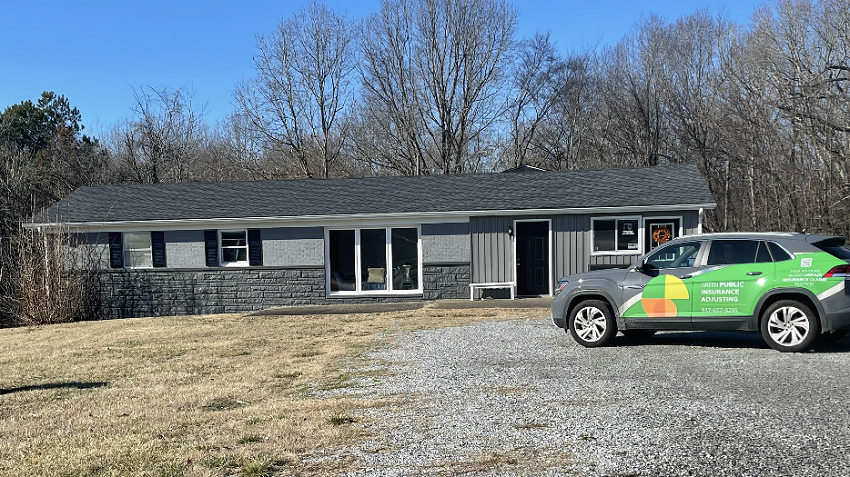
My House Caught on Fire! What Do I Do?
After a house fire, early decisions can have a lasting impact on the outcome of an insurance claim. Homeowners should prioritize a thorough investigation and inspection of the property, as fire, smoke, heat, and water damage often extend well beyond what is immediately visible.
Understanding Additional Living Expense coverage is also critical, as approvals and reimbursements can be delayed or disputed without proper documentation. Just as important, damaged or water-logged personal property should not be discarded without written authorization, since doing so can jeopardize the ability to recover for contents losses. Working with experienced professionals can help avoid common pitfalls.
Contact Green Public Insurance Adjusting for assistance with preparing a detailed contents inventory, which can significantly improve documentation and help maximize potential recovery under the policy.










